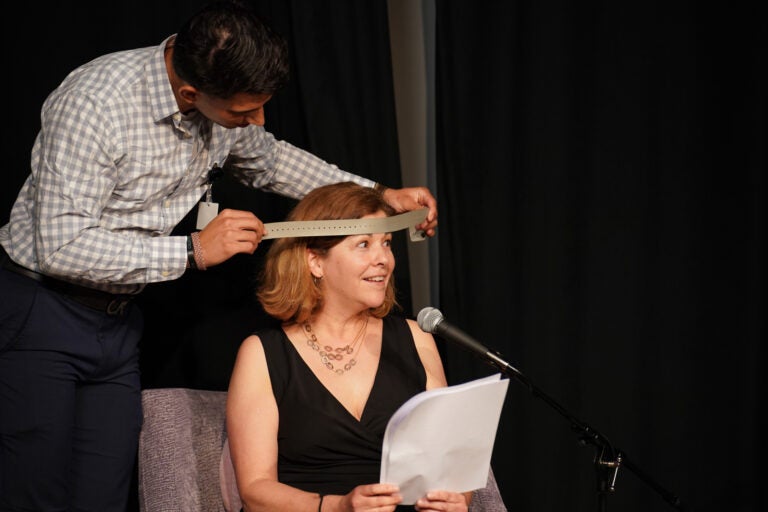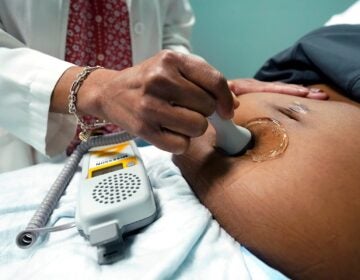10th Anniversary Show: The Science Changing Our Lives
In this special live show, The Pulse talks with the scientists who are changing the way we live.
Listen 48:44
When it comes to science, it’s often the flashiest stories that grab headlines — the cancer breakthroughs, the tech innovations, the discoveries of new species or distant stars. But there’s also plenty of science that, while it may not make a huge splash, is quietly changing the way we live.
On this episode, The Pulse celebrates its 10-year anniversary with a special live show that turns the spotlight on the science changing our everyday lives. We talk with a pediatrician and engineer whose work has transformed the way children travel – and saved countless lives; host Maiken Scott volunteers as a guinea pig for neurologists studying brain stimulation; and we hear from a biologist whose early-career quest changed the way she thinks about her work.
ALSO HEARD:
- We talk with pediatrician and engineer Flaura Winston about the lightbulb moment in the mid ‘90s that helped launch a revolution in protecting small children on the road, along with current efforts to reduce crashes among teens. Winston is the founder and former director of the Center for Injury Research and Prevention at the Children’s Hospital of Philadelphia. She now leads the CHOP Innovation Ecosystem Initiative.
- Do you ever wish you could switch on — or off — your brain? Power up your creativity, improve your focus, make yourself less anxious or depressed? Both scientists and DIY researchers are experimenting with an approach that does just that — transcranial direct current brain stimulation (tDCS). We recruit neurologist Roy Hamilton to give us a live demo of tDCS and explain why small electrical pulses have the power to do everything from enhance our cognitive abilities, to help treat strokes. Hamilton is the director of the University of Pennsylvania’s Laboratory for Cognition and Neural Stimulation as well as the Penn Brain Science, Translation, Innovation, and Modulation Center.
- Biologist Melina Giakoumis tells the story of how a challenging assignment involving starfish turned into a discovery that changed the way she views her work. Giakoumis is the associate director of the Institute for Comparative Genomics at the American Museum of Natural History in New York City.
WHYY is your source for fact-based, in-depth journalism and information. As a nonprofit organization, we rely on financial support from readers like you. Please give today.






